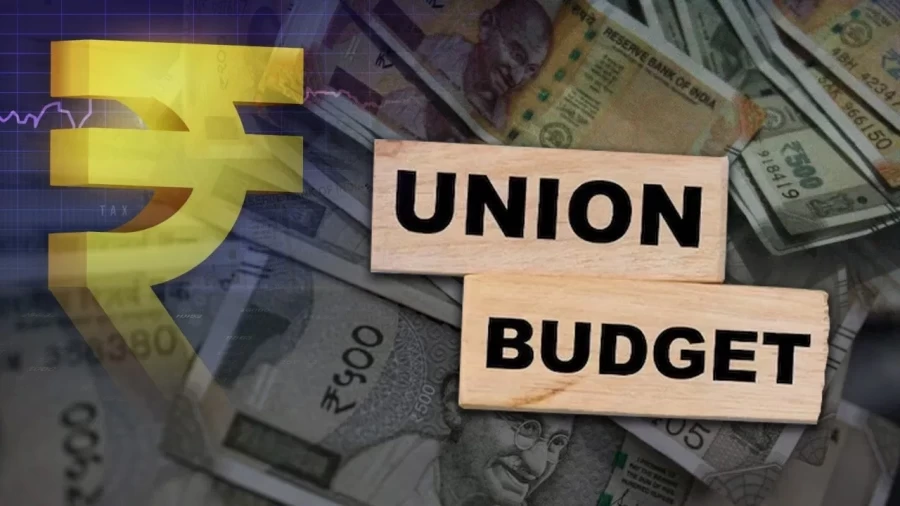The Union Budget of India for 2025 holds significant importance as it outlines the government’s financial plans and strategies for the upcoming fiscal year. Presented by the Finance Minister, this budget marks another chapter in India’s economic journey. With key proposals aimed at strengthening various sectors, it reflects the government’s priorities and vision for India’s future.
One of the key aspects of the Union Budget 2025 is the fact that the Finance Minister presented the maximum number of budgets in the country’s history. This marks a milestone in the leadership of the current Finance Minister, who has consistently played a vital role in shaping the nation’s fiscal policy and economic growth trajectory. The Finance Minister’s vision has been integral in driving reforms, promoting sustainable growth, and addressing economic challenges.
Key Highlights of the Union Budget 2025
- Focus on Infrastructure Development: The Union Budget 2025 highlights substantial investments in infrastructure development. The government has allocated significant funds to improve transportation, energy, and urban infrastructure. This includes building smart cities, modernizing highways, and boosting the renewable energy sector. By focusing on infrastructure, the government aims to create a conducive environment for businesses to thrive, encourage job creation, and promote economic stability.
- Fiscal Discipline and Tax Reforms: The Union Budget 2025 emphasizes fiscal discipline and maintaining a balanced budget. The government has proposed reforms in taxation to enhance the ease of doing business and promote tax compliance. New tax slabs and schemes have been introduced to provide relief to the middle class, while measures to curb tax evasion have also been included. The aim is to create a tax system that is both efficient and equitable.
- Support for MSMEs and Startups: Micro, Small, and Medium Enterprises (MSMEs) are crucial to the Indian economy, contributing to employment and economic growth. The budget has outlined several initiatives to support MSMEs, including access to easier credit, subsidies, and tax incentives. Additionally, the government has proposed measures to bolster the startup ecosystem, fostering innovation and entrepreneurship in the country.
- Healthcare and Education: The Union Budget 2025 gives special attention to the healthcare and education sectors. Increased investments in healthcare infrastructure, including the expansion of medical facilities and research, aim to improve access to quality healthcare across the country. In the education sector, the government has proposed enhanced funding for skill development programs, digital learning initiatives, and the establishment of new educational institutions to meet the growing demand for quality education.
- Sustainable Growth and Environment: The Union Budget 2025 places a strong emphasis on sustainable growth and environmental protection. In line with India’s commitment to the Paris Agreement on climate change, the budget outlines policies for clean energy, waste management, and carbon emissions reduction. By promoting green technologies and environmentally friendly practices, the government seeks to foster a sustainable and resilient economy.
The Finance Minister’s Leadership
The Finance Minister’s leadership has been pivotal in presenting the maximum number of budgets, a testament to the consistent approach and long-term vision in managing the country’s finances. Her leadership has been instrumental in navigating India through economic challenges, including the global pandemic and subsequent recovery phase. The Finance Minister’s ability to balance fiscal prudence with the need for growth-oriented policies has earned widespread recognition, both domestically and internationally.
Her role in guiding the Union Budget of India has not only been about presenting numbers but also about ensuring the country’s economic policies align with the global shifts in trade, technology, and geopolitics. As India continues its journey towards becoming a global economic powerhouse, the Finance Minister’s strategic budgetary decisions are crucial to supporting this vision.
Conclusion
The Union Budget 2025 encapsulates India’s aspirations for sustained growth and development. From infrastructure upgrades to tax reforms, the budget provides a roadmap for the country’s economic future. With the Finance Minister presenting the maximum number of budgets, it’s evident that leadership continuity has played a crucial role in shaping the nation’s fiscal policies. As the government implements these reforms and initiatives, the hope is to create an inclusive, progressive, and resilient economy that benefits all sectors of society.
In conclusion, the Union Budget 2025 is a reflection of India’s ambitions for the future—emphasizing growth, stability, and sustainability. The Finance Minister’s consistent and effective leadership ensures that India remains on track to meet its economic goals while tackling emerging challenges.






